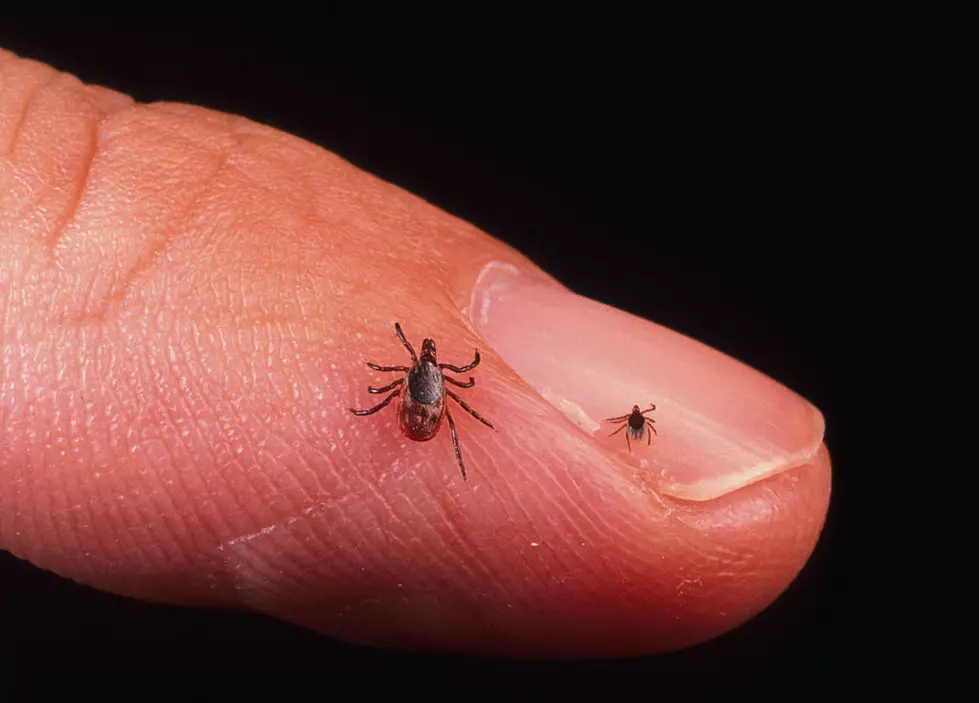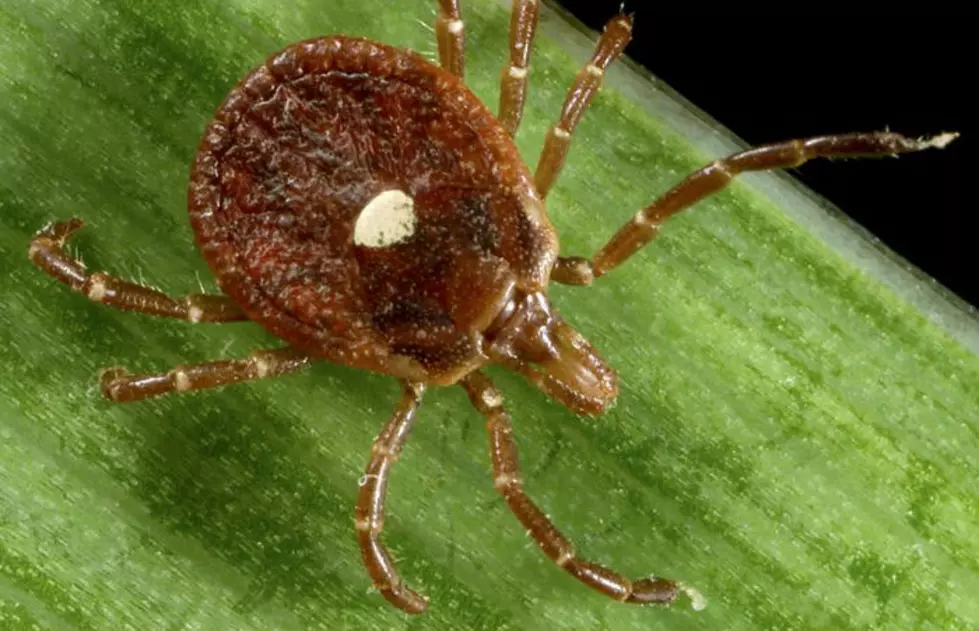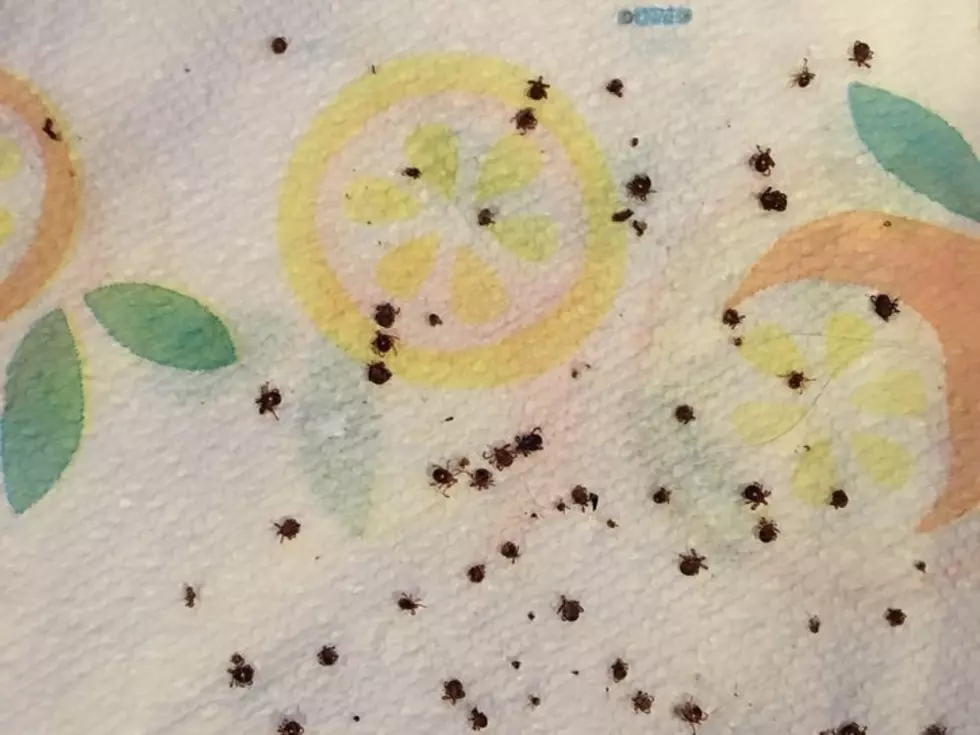
The Ticks To Be Aware Of At The Jersey Shore
There has been a lot of "tick talk" since the weather has started to warm up.
And as someone with a dog, I thought that even though it is not the most pleasant topic of conversation, it is something that everyone needs to be aware of so that a bad situation does not turn into a worse one.
If there is any information that is missing, do not hesitate to speak up because this is very important for everyone to know!
Deer Tick
Black legged ticks that takes 2 years to complete their life cycle. They are mainly found in the forest and heavily rely on their host, the white-tailed deer.
Female/ Male Prime Seasonal Activity: October to May.
Nymph Prime Season: May to August.
Diseases (Females & Nymphs Only): Lyme disease, Human Babesiosis, Deer Ticket Virus, Human Anaplasmosis.
Dock Tick
Mostly found in areas with little to not tree cover like grass fields and feeds on a variety of host from mice to deer.
Male/Female Prime Seasonal Activity: April to August
Diseases: Rocky Mountain Spotted Fever (rare), Tularemia (rare)
Lone Star Tick
Mainly found in woodlands and near animal resting areas. They are unfortunately aggressive human biters at all stages of life.
Female/Male Prime Seasonal Activity: April to July
Nymph Prime Seasonal Activity: May to August
Diseases: Human ehrlichiosis, Tularemia
Brown Dog Tick
These ticks can be found throughout the entire USA but seem to be a tad more popular down South. This ticks are known for infesting homes, animal pens, dog kennels and can spend their entire life cycle indoors so beware. Their life cycle c an be over in as soon as 3 months.
Be sure to check your pet's fur and your family's skin because there is no known pattern of the Brown Dog Tick's prime seasonal activity.
For photos, more details, and information on ticks now found in New Jersey, visit TickEncounter.org.
Learn all you can and stay safe out there this Summer!
More From The Point:
More From 94.3 The Point









